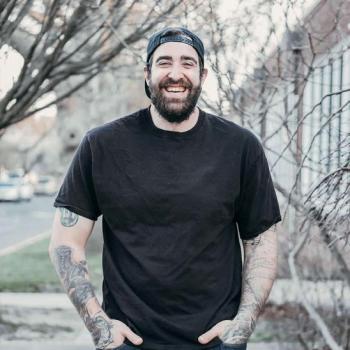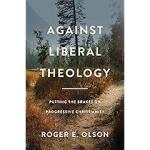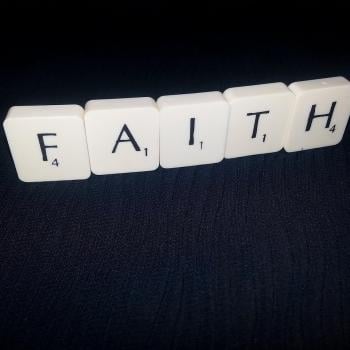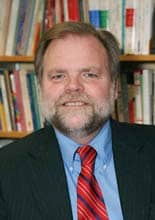We all have different theological comfort zones; but for all its apparent certainty, fundamentalism has a small and brittle comfort zone. What often looks like conviction is fear in disguise, and many fundamentalists today are frightened -- frightened of the growing evangelicalism that has abandoned doctrine in favor of experience; frightened of the growing acceptance of homosexuality among young Christians; frightened of the growing pluralism; and (for some) frightened of an African American Christian president. It's tough to dialogue with fearful persons, and many are yelling louder these days, fearful that their days are numbered. Sadly, most fundamentalists see conservative politics as Christian politics and have baptized the monologues of Rush Limbaugh, Glenn Beck, and Fox News as divine revelation, as mandatory as daily prayer and Bible reading. We all can be idolaters, but this ought to be obvious to those who take scripture literally.
Dialogue is important to me. But, a progressive-fundamentalist dialogue is a virtual impossibility. While we progressives can be elitist and judgmental, we almost always look for a point of contact with otherness. But finding a point of contact with progressives is anathema to most fundamentalists. After all, from the truth-error position prized by fundamentalists, "You can't dialogue with falsehood and you can learn nothing with the unsaved." In fundamentalist eyes, worse than infidels are Christians who embrace sinners as saved and persons of other faiths as sources of revelation. There is nothing that progressives can add to biblical truth, and so our progressive faith is discarded as useless at best and dangerous at worst.
But, we can still pray for one another, or at least we can pray for our fundamentalist friends. We can see the Christ within them and learn to love them despite our disagreements. We can vow to challenge their falsehoods, as we see judge them, without condescension or ridicule.
And, perhaps, we can learn three things from fundamentalists -- these lessons will come from dialoging with our own "inner fundamentalist." First, fundamentalists can remind us of our own theological comfort zones and the ways that the realities of "otherness" are uncomfortable and frightening to us.
Second, fundamentalists can remind us that we all need some element of stability in our spiritual lives and theological viewpoints. From their biblical foundationalism, they challenge us with the question, "What is non-negotiable and what is dispensable in our faith-perspective? What is our still point amid the changing world? What grounds us spirituality and theologically amid the pluralism of our time?"
Third, fundamentalists can challenge us to identify our own "fundamentalisms" and "idols" that close us off to God's presence and inspiration among people and groups with whom we differ. Yes, I'm grateful for my fundamentalist roots, but I know now that the greatest expression of gratitude I can make is to stay open to God's ever-evolving revelations in all their varied forms.





